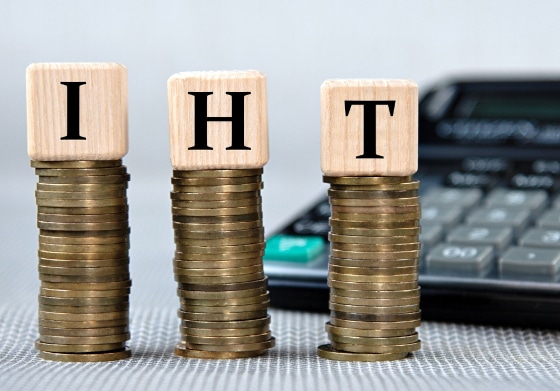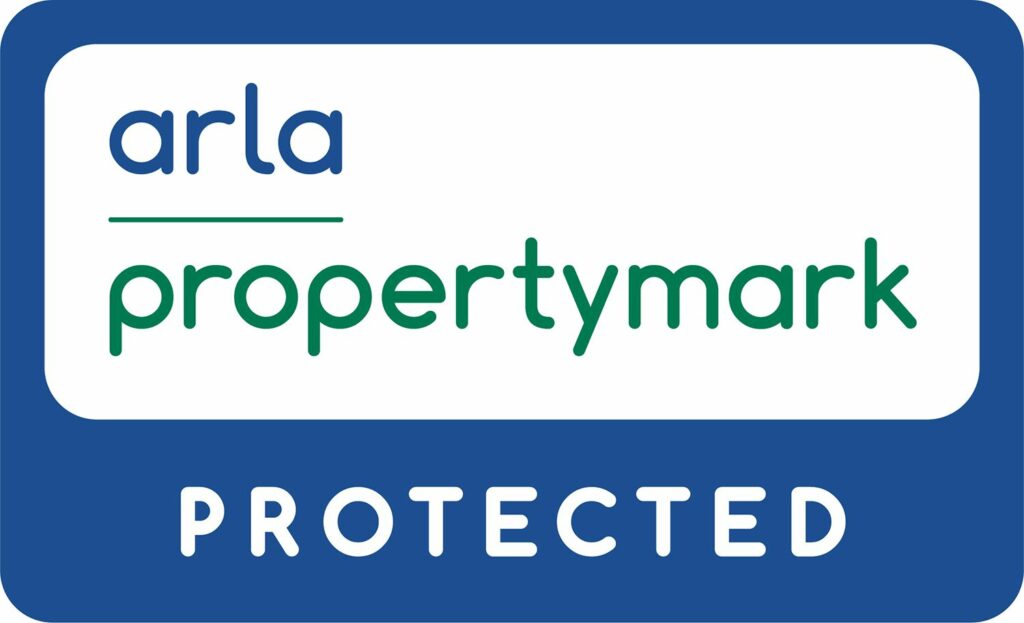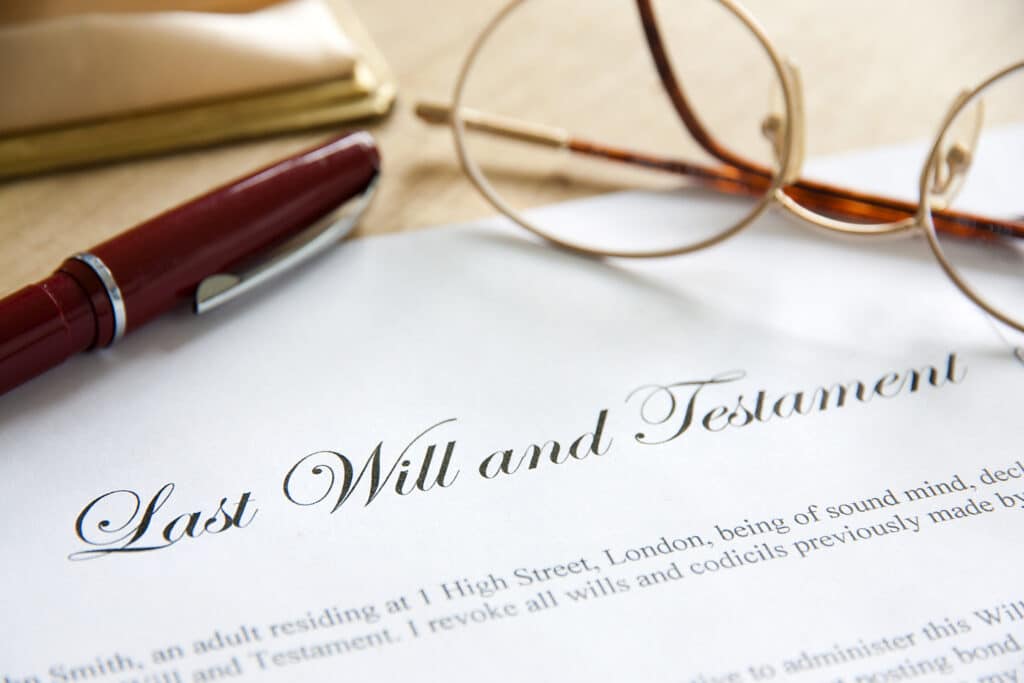
Preparing a Will, gives you the opportunity to decide who you want to inherit your assets, property and investments when you die. It also gives you an opportunity to carry out some Inheritance Tax planning. This will help you avoid making HMRC a beneficiary in your estate. If your estate is worth more than £325,000, HMRC might well be one of the beneficiaries of your estate whether you like it or not.
When you decide to make a Will or review an existing Will, you have an opportunity to review your exposure to Inheritance Tax. There are completely legitimate actions you can take to minimise or reduce your exposure to Inheritance Tax.
Inheritance Tax (IHT)
Taken in the most basic terms, IHT becomes payable if the net value of your estate exceeds £325,000. If it does, it means your estate will have to pay 40% of the balance over £325,000. That means if your estate is worth, say, £450,000, the IHT charge of 40% would be applied to £125,000 (the balance over £325,000). That means the amount of IHT payable would be £50,000.
Estate of this magnitude and more are not beyond the bounds of reality. Think about the ever-increasing value of your home and the freeze in the IHT threshold.
How much is your estate worth?
Your executor will calculate the value of your estate after your death. This will consist of all your assets, investments and property. Then, from that total, you deduct all your debts. This will result in your net estate which is the figure on which any IHT is calculated.
If you want to have an idea of the extent of your estate, add up all your assets, investments and property. This includes your house, the value of any business in which you are involved. It also includes any stocks, shares and other investments. You should also include any jewellery or antiques. Finally, include any cash you hold in bank accounts.
From that total figure, you need to deduct any debts you have. This should include your mortgage and other loans. Remember to include HP agreements and any credit card balances. The resulting balance will give you an idea of your current net value.
How can you minimise your IHT bill?
As you might expect, there are ways to mitigate against Inheritance Tax. Even though the IHT threshold has been frozen for several years, if your estate is below the threshold of £325,000, you will not have to worry about IHT. However, if your estate is above the threshold, we recommend carrying out Inheritance Tax planning.
Using available allowances
There is no IHT charge if your assets are transferred to your spouse or civil partner (but not a partner you are simply cohabiting with). That means it does not matter what the extent of your estate is. If you transfer it all to your spouse or partner no IHT will be payable by your estate. However, by doing so, you might just be stocking up a bigger IHT problem for your surviving spouse or civil partner when they die.
There is an additional allowance available should you leave your main residence to your children or grandchildren. This additional allowance amounts to £175,000. That means, in effect, the allowance available to you can increase to £500,000.
Finally, if you do not use up any part of your allowance, it transfers to your surviving spouse or civil partner for use in dealing with their estate when they eventually die.
Gifting to Charity
If you bequeath any part of your estate to charity, it will reduce the value of your estate by that amount. However, if you decide to bequeath 10% or more of your estate to charity, the percentage of IHT payable on your estate reduces from 40% to 36%. This can be significant in very large estates.
Large gifts and the 7-year rule
If you are considering accelerating your children’s inheritance or making a gift to other individuals, you should be aware that if you do that and survive for at least 7 years after making the gift, the value of the gift is not included in the value of your estate.
However, you must remember that you need to completely divest yourself from the gift. For instance, if you transfer ownership of your house to your children but continue to live in it (without paying a market rent), it will be considered a gift with reservations – in other words, it is a gift in name only and you still enjoy the benefit of the asset. If you did that, you would not benefit from this exemption.
The same rules apply to other gifts. If you still have the benefit of the thing you’ve gifted, your estate will not be able to claim this exemption.
Smaller gifts
You can make as many gifts of £250 every year as you wish. In addition, you can gift up to £3,000 each year and this will be deducted from your estate.
You can also make wedding gifts of £5,000 to a child, £2,500 to a grandchild or £1,000 to anyone else.
You need to be careful with gift allowances because there are certain rules which prohibit you from benefitting by combining them.
Next steps
IHT can be complicated and how you deal with your potential estate and taxation implications can be challenging. Do not look to avoidance schemes that sound too good to be true – they probably are!
You should get in touch with us if you would like to speak to Stacey Parker who specialises in dealing with IHT problems and Inheritance Tax planning. A discussion about your options might shine some light on the potential extent of any IHT issues and how you might address these.






